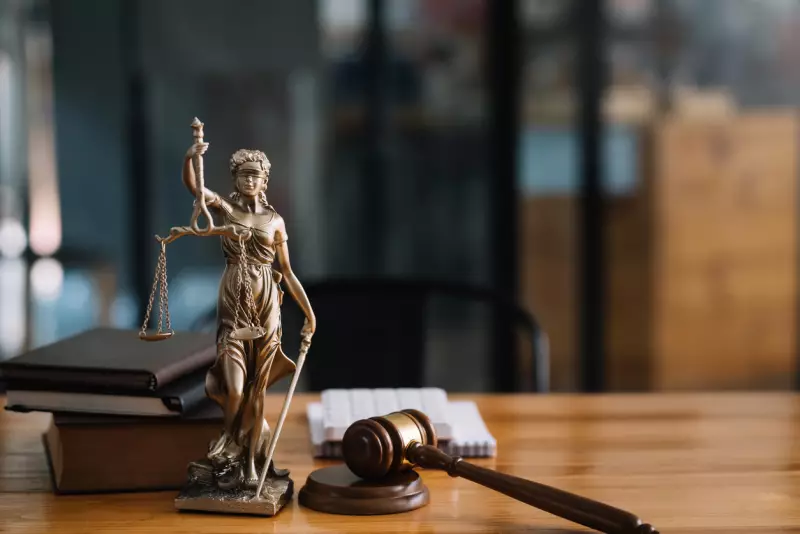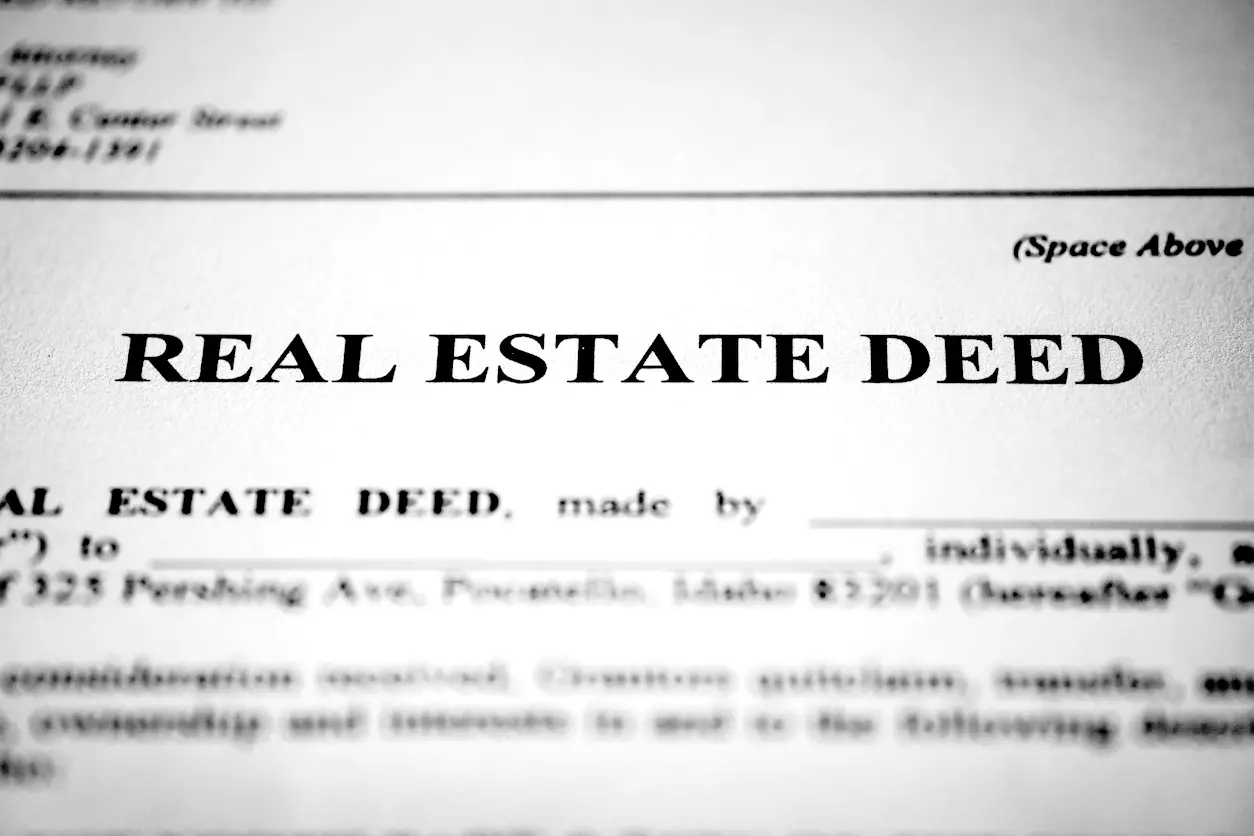Property Rights: Why Are They Important in Society?

Table of Contents
- Property Rights: Why Are They Important in Society?
- What Are Private Property Rights?
- How Do Real Property Rights Differ From Personal Property Rights
- Personal Property
- Real Property
- Intellectual Property Rights
- Ownership and Transfer Of Personal, Real, and Intellectual Property Rights
- Key Characteristics of Property Rights
- Types of Property Rights
- Why Do Property Rights Matter
The privilege to own property, such as real estate, cars, and intellectual assets from the fruits of our labors and do with them what we see fit is a foundational pillar of the United States and most capitalist nations. Americans are guaranteed this right under the Takings Clause of the Fifth Amendment of the U.S. Constitution. Framers of the Constitution considered property rights as essential to personal liberty.
The fundamental right to own and control property incentivizes people to create a society free from government overreach and a mandate adhering to the rule of law.
The impact of a nation’s respect for an individual’s right to earn and control property is at the heart of a healthy economy. Robust property rights ensure people reap the many benefits of hard work, savvy investing, and the patience to see their assets grow. Wealth is at the fingertips of every person, and the accumulation of property, whether a tangible asset or innovative thought, is the true measure of prosperity. To understand the foundation of such wealth, search property records to trace the history and value of real estate holdings.
What Are Private Property Rights?
Private property rights are defined as a framework for how personal property owners (not Governments) can use, trade, sell, or let others interact with property.
The world has become extremely complex since the 17th century with the advent of classic theories on property rights. In the United States, this complexity came into play as an aftermath of the American Revolution and the US Constitution. The Fifth Amendment gave property rights to all US citizens. Even though these rights have been reshaped over the centuries, there’s still a strong definition of where government overreach ends.
In the US, the Fifth and Fourteenth Amendments guarantee personal protection.
Fourteenth Amendment:
- Governments and individuals are forbidden to take personal property without “due process” and following the rules of the law.
Eminent Domain:
Governments are never allowed to seize personal property without just compensating the owner.
Even with its vast complexities, the United States allows for several ownership property types, such as private, charitable foundations, corporate, or state and federal governments. Government properties differ from the private sector in several meaningful ways, as federal and state parks are meant to be owned and operated for the public good. Privately owned assets such as your home or the idea for a business belong solely to the citizen, and the Constitution guarantees this right of possession. You can search and find property owner information to better understand who holds the title to certain assets.
The Due Process Clause states, “No person shall be deprived of life, liberty, or property without due process of law.”
How Do Real Property Rights Differ From Personal Property Rights

There are two distinct categories of property, and maybe a third can fall under the other two. Personal property, real property, and intellectual property can be held by either one. Nuances between the two can be confusing because what you own is real, whether it is a vacation home or a refrigerator.
Personal Property
The law of the land gives everyone who owns personal property, such as clothing, rings, refrigerators, and so on, the right to determine what is done with that property. The true owner of that ring can give the property away, sell, transfer, or destroy the possession if they see fit. As long as any preceding actions do not violate the law, we are guaranteed these rights by the Takings Clause.
Real Property
Land, buildings, trees, bushes, and roads are all examples of real property. Anything attached to these examples is considered part of the property as well. We are given several fundamental rights to real property protected by federal and state law.
- Right of Control, Possession, and Exclusion: As owners of real property, you can live in the home, rent it out, or burn it down. You can also determine who can and cannot come on the property.
- Right to Use and Enjoy the Property: Owners can use the property for any legal purpose, including building a business, farming, or partying all night, as long as no laws are being broken. You can find out if the property has building permits, ensuring that any construction or modifications comply with local regulations.
Intellectual Property Rights
The modern economy prioritizes Intellectual Property Rights (IPR). These rights are afforded to inventors over their creative works, such as literary, technical, scientific, and artistic creations. In today's society, most nations, including the US, have clearly defined laws that protect individual IPRs using mechanisms such as trademarks, patents, copyrights, etc.
Ownership and Transfer Of Personal, Real, and Intellectual Property Rights
A wide array of staunch legal principles govern the transfer of property, real or personal, shaped through decades of Supreme Court, federal, and state findings. Personal property often requires little to no documentation, with exceptions such as titles for cars and boats and a bill of sale for that refrigerator. If financing is involved, there will be more paperwork.
Real property transfers, such as your home, are more complex due to the history of ownership and exact boundaries. Depending on the property, deeds, taxes, and legal ownership, local and state governments all play a role in the transfer.
The transfer of intellectual property also involves a bill of sale and, most importantly, an agreement with a meeting of the minds. For example, patents are recognized worldwide and give the inventor exclusive rights to control that intellectual property.
Key Characteristics of Property Rights
When discussing property rights, real, personal, or intellectual, specific characteristics define one’s rights to hold property as one of the essential foundational pillars of global human rights.
- Exclusivity is the right of the owner to control how others use their property. This privilege lets the owner erect a fence or post a keep-out sign if they choose. In the corporate world, exclusivity may be an agreement where one party is prevented from negotiating with another entity or cannot speak with another person for a certain period of time.
- True owners of real, personal, or intellectual property have the legal right to sell, transfer, or give away their property to another entity. The legal “Right To Transfer” is a cornerstone of every market economy. States and the federal government retain the right to challenge and regulate to a degree. However, transferability is a general principle of law.
- State, local, and federal governments are tasked with a key characteristic of holding real or personal property. Defining property ownership and enjoying the fruits of our labor is a mandate for the authorities who set and enforce the laws. The enforceability of well-defined laws and regulations contributes to a healthy economy.
- Property rights and durability are related in several different ways. Buildings and homes can last for decades; however, the land underneath is indestructible and lasts forever. In real estate terms, this is described as stock and flow. Stock refers to the value of an asset at a given point in time, while flow refers to total transactional value. There are also durable and non-durable, meaning durable is a one-time purchase while non-durable is a good that is purchased over and over.
Types of Property Rights

Over the centuries, property rights have flourished to encompass everything from real and personal rights to intellectual, leasehold interests, joint ownership, and public property.
- Intellectual property rights are a wide-ranging category that changes constantly. These rights allow creators to protect their work from encroachment and outright theft. Intellectual rights protect intangible ideas and creations, giving creators the benefit of profiting from their work for set periods.
- Public property is owned by local, state, or federal governments for the use or enjoyment of its citizens. Public property and its use are defined by the government holding the deed or title to state parks, governmental buildings, and public roadways, giving administrators the right to provide or restrict access to any person. It is also the responsibility of the government to protect and upkeep these properties.
- When a couple comes home with a freshly purchased refrigerator, their implied rights allow them to do whatever they please with that appliance. This simple analogy defines private property rights in that the couple has the right of possession, enjoyment, disposition, and control.
- One of the fastest-growing trends in business is the idea of worker cooperatives or common property rights. The concept is that employees become equal owners of the company they are employed with. Cooperative trends are growing fast in rural areas, such as land development, shared grazing land, and fisheries. Cooperatives are also trending in shared platforms with the skyrocketing gig economy.
Why Do Property Rights Matter
Typically, a nation’s Constitution clearly defines individuals' rights to use their property as they see fit, culminating in a stable and protected society.
Stable and well-defined property rights encourage every citizen to become a part of something much bigger than themselves and invest in the future of a nation. Landowners are empowered with greater control over their finances and the ability to participate in their growth through investment, innovation, and trade.
Individual and corporate confidence in how a government protects its property leads to global stability and the assurances to continue to invest for the future. Strengthening personal and real property rights through the judicial system creates strong incentives to improve productivity and identify multiple sources of wealth and influence.
Search Property & Deed Records
Table of Contents
- Property Rights: Why Are They Important in Society?
- What Are Private Property Rights?
- How Do Real Property Rights Differ From Personal Property Rights
- Personal Property
- Real Property
- Intellectual Property Rights
- Ownership and Transfer Of Personal, Real, and Intellectual Property Rights
- Key Characteristics of Property Rights
- Types of Property Rights
- Why Do Property Rights Matter










